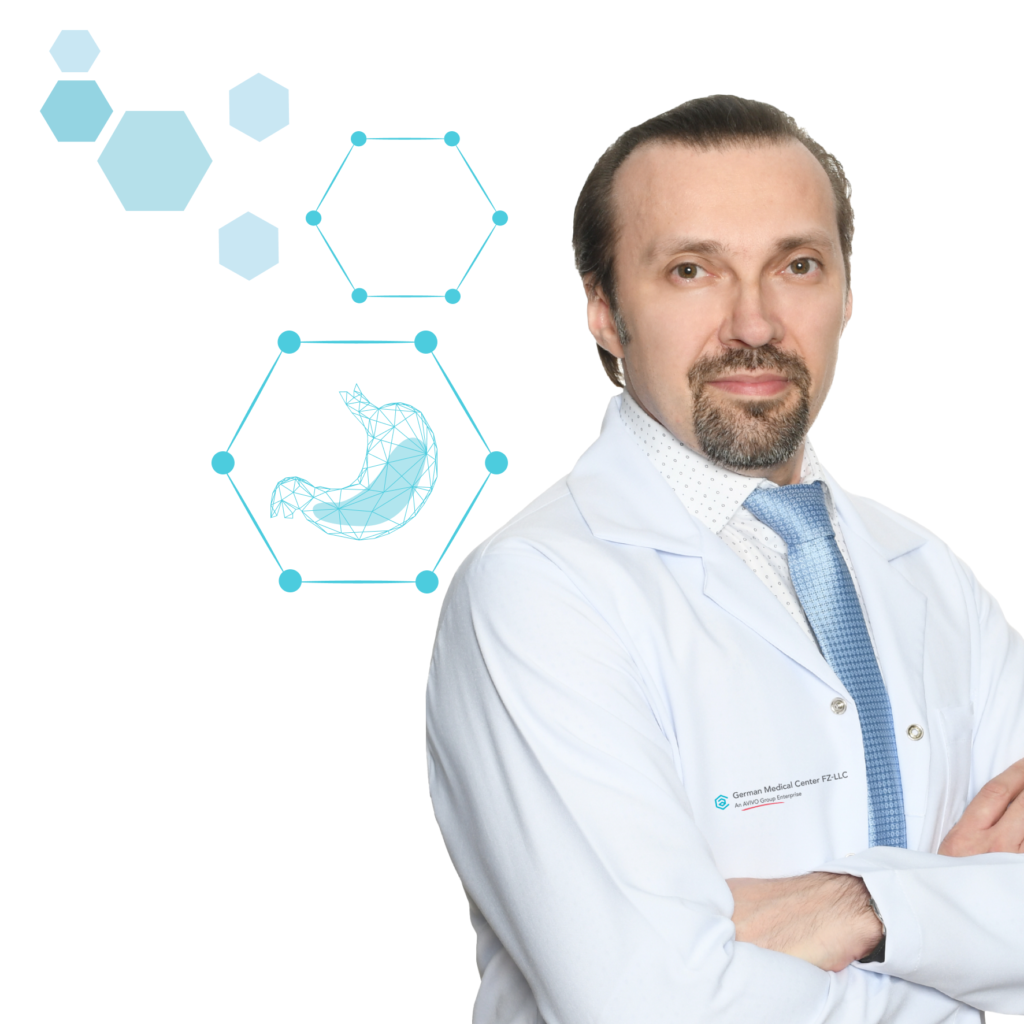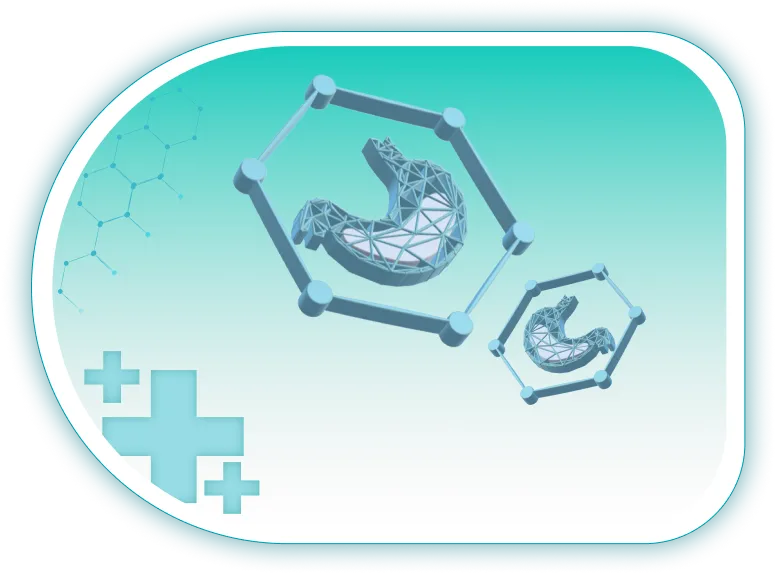
Dr. Sebastian Cuzincu
Gastroenterology and Internal Medicine





Worried about unexplained weight loss, jaundice, or persistent abdominal pain? Pancreatic cancer often progresses silently, making early detection crucial. At German Medical Center, our expert team offers advanced diagnostic tools and personalized treatment plans to improve outcomes. Don’t wait—schedule a consultation today and take control of your health with expert care and cutting-edge solutions.
By booking an appointment with German Medical Center.
Our team of experts are passionate about providing only the best quality care and treatment to their patients.

Gastroenterology and Internal Medicine
Pancreatic cancer often does not cause symptoms in its early stages. However, as the cancer grows and spreads, it may cause a range of pancreatic tumor symptoms, which can vary depending on the location and stage of the cancer. Some of the common symptoms of pancreatic cancer include:
It is important to note that these symptoms can be caused by other conditions, and having one or more of these symptoms does not necessarily mean that a person has pancreatic cancer. However, if you experience any of these symptoms, particularly if they persist or worsen over time, you should see a doctor for an evaluation. Early detection and treatment of pancreatic cancer can significantly improve the chances of survival.
The exact causes of pancreatic cancer are not yet fully understood. However, research has identified certain risk factors that increase the likelihood of developing pancreatic cancer. These risk factors include:
It is important to note that having one or more of these risk factors does not necessarily mean that a person will develop pancreatic cancer. Conversely, some people who develop pancreatic cancer may not have any known risk factors. Therefore, it is essential to maintain a healthy lifestyle and get regular checkups to help detect any potential health issues early.
Pancreatic adenocarcinoma treatment depend on several factors, including the stage of cancer, location of the tumor, and the overall health of the patient. The treatment options for pancreatic cancer include:
The treatment plan for pancreatic cancer is personalized for each patient based on their individual circumstances. A multidisciplinary team of specialists, including surgeons, medical oncologists, radiation oncologists, and other healthcare providers, work together to determine the best treatment approach for each patient.
If you are experiencing abdominal gas and bloating, it's important to take action to alleviate your symptoms....
The symptoms of stool with blood and pain, also known as rectal bleeding, can vary depending on the underlying cause....
Jaundice is a medical condition that occurs when the level of bilirubin, a yellowish pigment produced during the breakdown of red...
No results found.

Partner with:
Partner with:


German Medical Center is one of the leading medical institution in Dubai formed by a group of specialists who are passionate about providing the personalized care tailored to the patient's unique needs.
Fill out our easy online form to book an appointment with German Medical Center. Our team of experts is dedicated to providing you with personalized care and guidance every step of the way. Don't wait, take charge of your well-being and schedule your appointment now!